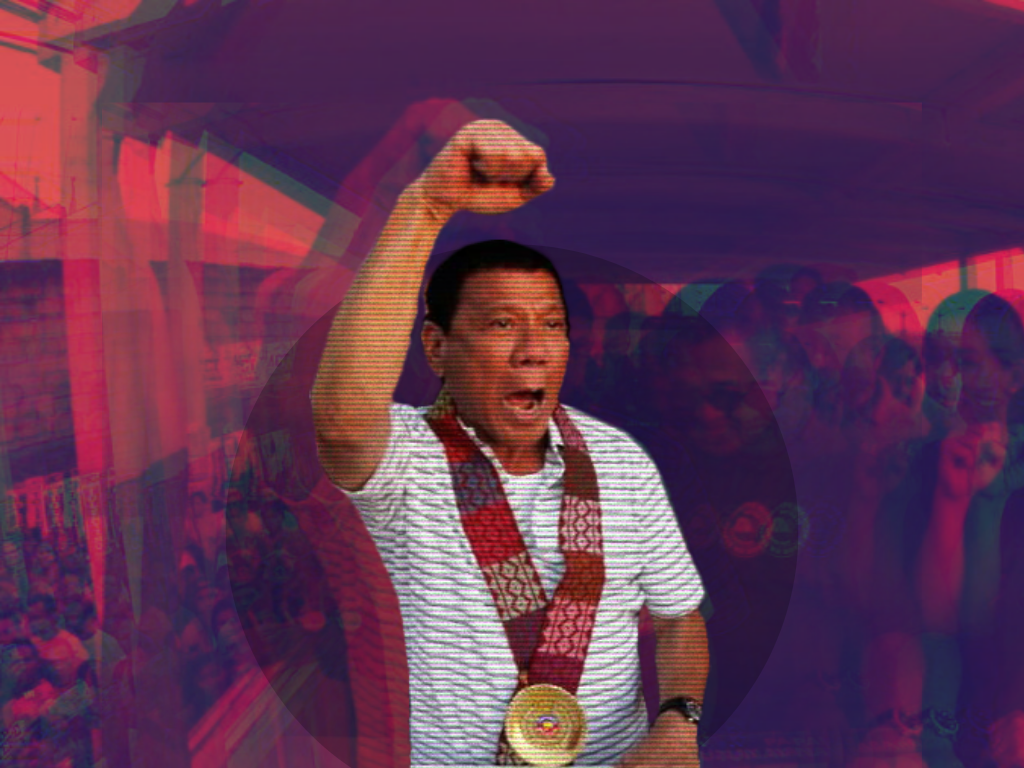Rappler challenges Duterte “real change” narrative
CHEERS TO Rappler’s critical review of the Duterte administration. Senior reporter Pia Ranada assessed its six-year performance, recalling the president’s key promises, and challenging the government’s narrative that it had delivered “real change.” Ranada reported the instances when government kept its word, but pointed out when it flouted the rule of law and caused the “erosion of democracy.” The strength of the report was in its fairness.
Alas, the rest of the media presented only the government’s narrative and gave it little if any analysis. Posted on June 18, Rappler’s was the only comprehensive review of Rodrigo Duterte’s performance as president by a news organization.
Promising swift action
Ranada evaluated how much the Duterte agenda had been realized, going over the pronouncements of the ex-Davao mayor and noting the glaring deficiencies between promise and fulfillment . She included as context the clamor for real change of which Duterte was the herald in the 2016 elections.
Ranada was among the first to follow Duterte’s campaign. She recalled the pledge for speedy and dramatic action, listing the laws passed to minimize red-tape, the push for infrastructure development in the government’s Build, Build Build program, and the enforcement of Duterte’s war on drugs.
But she went beyond merely listing accomplishments and failures by presenting the larger picture of the deficiencies of government agencies. Among those recalled in the report was the persistent “underspending” of the Transport and Public Works Departments.
Underling impunity
Duterte had promised to stamp out criminality and corruption. Ranada highlighted his administration’s failure to hold erring officials to account. On Duterte’s drug war, Ranada spotlighted the conferment of awards to officials suspected of extrajudicial killings, and the Justice department’s limited effort at investigating drug war fatalities.
She then homed in on government’s controversial Anti-Terrorism Act as a tool to silence critics, and noted how the excesses of the National Task Force to End Local Communist Armed Conflict (NTF-ELCAC) linked legal civilian activists to armed rebellion.
Smashing the image
Ranada reviewed the self-image that Duterte crafted for himself as “impervious to private interests, as “impartial,” and “compassionate”
Ranada cited Duterte’s quick and steady defense of economic adviser Michael Yang when he was linked to the Pharmally scandal, thus belying his claim of being disinterested and detached from private and personal interests.
As for Duterte’s “compassion,” Ranada saw the passage of the free tertiary state education law and the Universal Health Care Act as concrete expressions. But Duterte’s more abundant allocations for infrastructure and the military instead of the government’s Covid-19 response raised doubts about the real objects of presidential compassion.
Political will in question
Ranada noted the passage of long-pending measures during his watch—such as the tax reform and rice tariffication acts— as testaments to the President’s celebrated political will.
But the same political will was not evident when Duterte “fell short” of protecting local fisherfolk against Chinese aggression. His administration’s disorganized pandemic response led to “missed opportunities” to contain the COVID-19 threat much earlier, wrote Ranada.
Eroding democracy
In her pointed conclusion, Ranada observed that one categorical change delivered under Duterte’s leadership was the erosion of democracy, the unchecked impunity of criminality, and the fear that he instilled among his critics and the media.
No one account can be complete and other media organizations should do such an evaluation of the outgoing regime. Journalists should lead in the essential task of providing the first draft in the evaluation of how much the country gained or lost in the past six years, before the historians take over. Such post-mortems could, among other purposes, help Filipinos think more seriously about how they choose the next president.

Leave a Reply